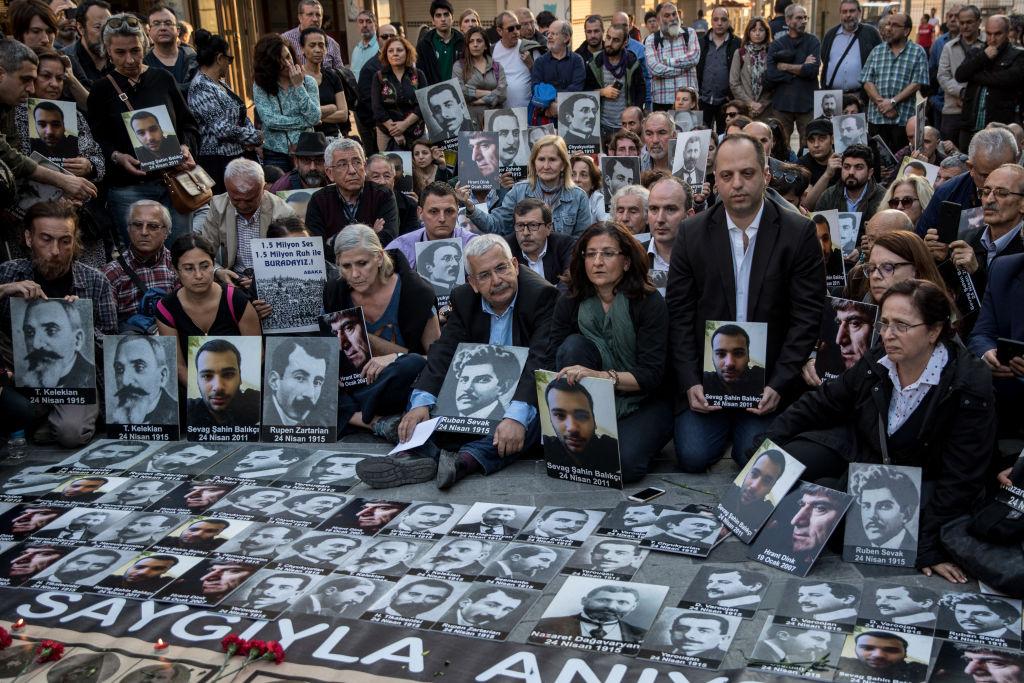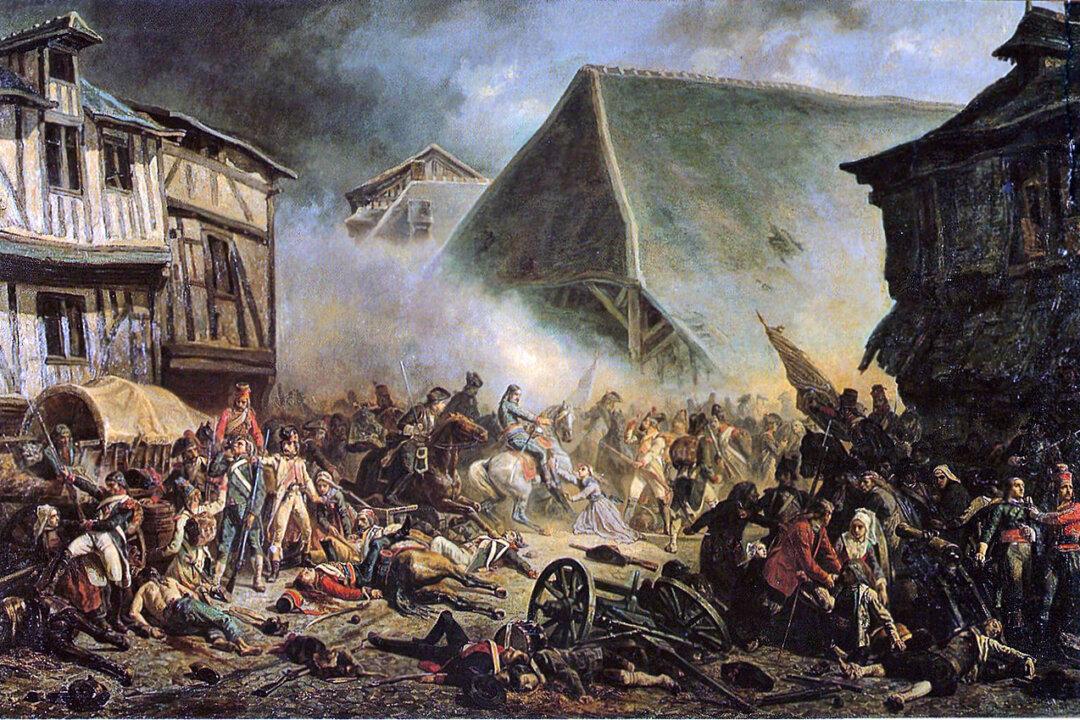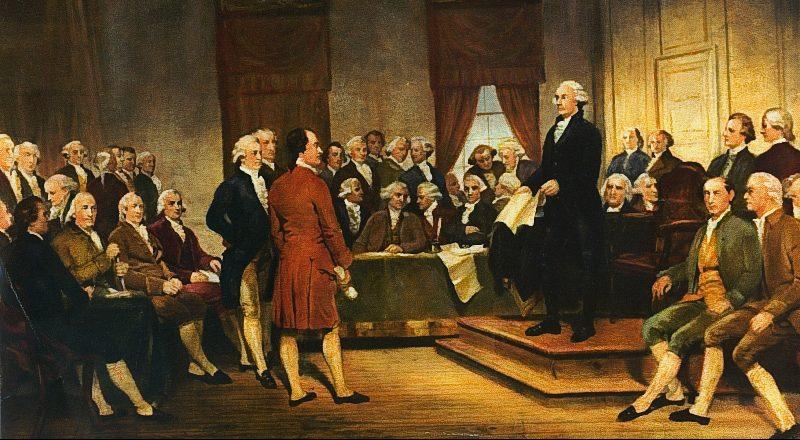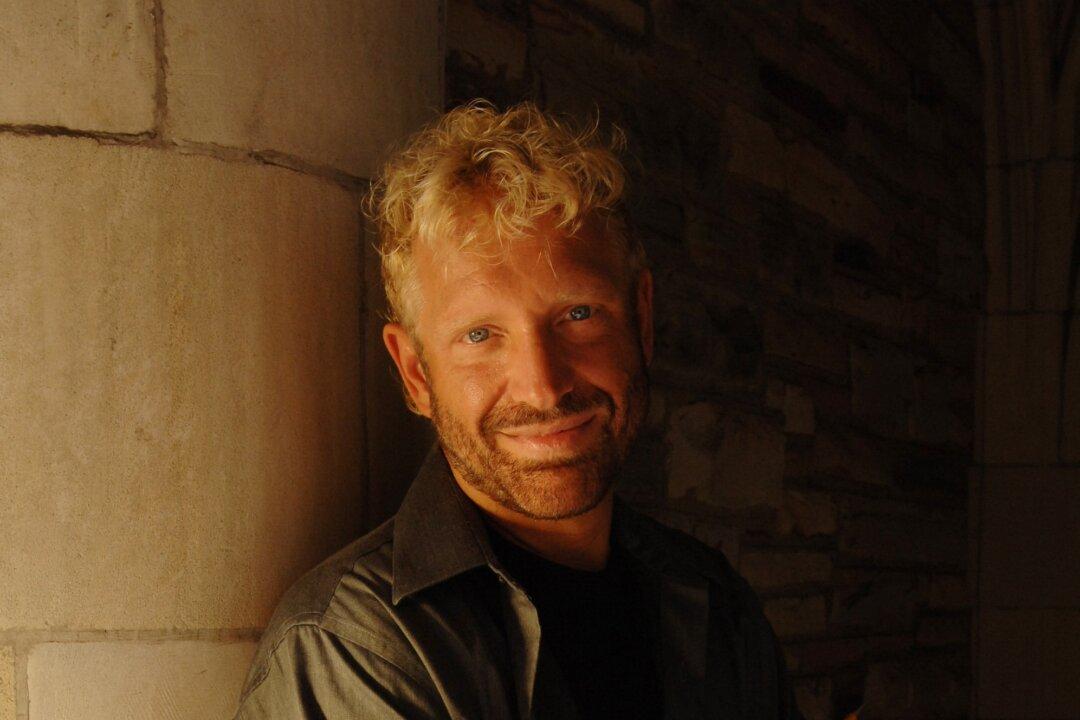Siobhan Nash-Marshall is uniquely placed to offer penetrating and illuminating insights into one of the darkest and most horrific chapters in human history.
The chair of philosophy at Manhattanville College in New York is the author of “The Sins of the Fathers,” a book about the Armenian Genocide, and translator of the newly published novella “Silent Angel” by Antonia Arslan, which is set against the backdrop of the genocide.




